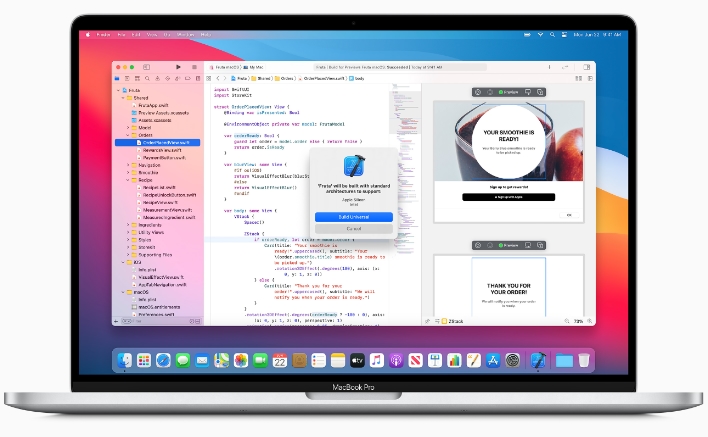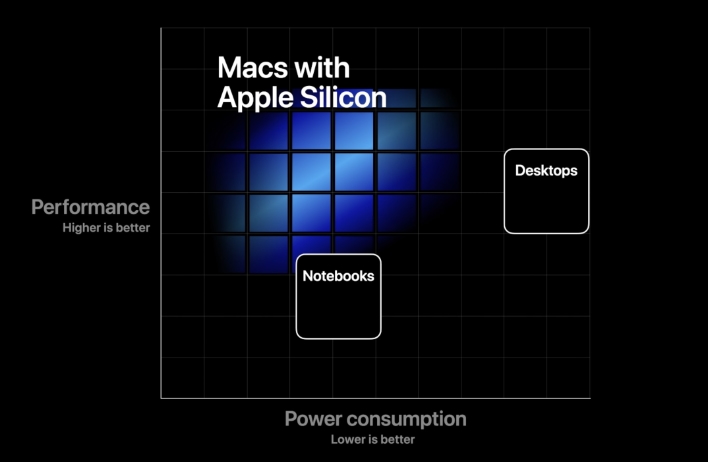Apple Silicon Arm CPU Reboot To Include 14-Inch And 16-Inch MacBook Pros For 2021

Now, we're learning from Apple analyst Ming-Chi Kuo that Apple has a number of new products in the pipeline for late 2020 and early 2020 that will use these new Arm processors. The first of which will be a new 13-inch MacBook Pro, which will ship in Q4 2020. Apple had already indicated that its first Arm Macs would ship this year, but Kuo's commentary adds some specifics to that statement.

It's expected that this 13-inch MacBook Pro will look very similar to the model introduced earlier this year, just with all-Apple hardware inside instead of an Intel Ice Lake processor and complementing chipset. However, that notebook will be followed up very closely by an Apple Silicon-powered MacBook Air.
According to Kuo, this entry level notebook will arrive during Q1 2021, and could be priced even lower than the current generation's $999 starting point. The [potential for] lower pricing would be made possible by the adoption of [cheaper to produce] Apple Silicon over more expensive Intel processors, but there's no guarantee that notoriously stingy Apple would pass those savings on to customers.

Stepping deeper into 2021, Kuo claims that Apple will introduce all-new 14- and 16-inch MacBook Pros and mini-LED displays. These would likely be the first Mac models introduced that were designed completely around the hardware profile (i.e. superior performance-per-watt) inherent to Apple Silicon. It's possible that Apple might go back to its days of making its laptops thinner and lighter as a result (reversing a more recent trend of its devices getting thicker and heavier).
It will be an interesting year for those firmly in the Apple camp as the company navigates the potentially troublesome waters of transitioning to a new CPU architecture for macOS while maintaining compatibility with x86 software. However, Apple has included developer tools for macOS Big Sur to get native apps out to customers as soon as possible and its Rosetta software will help to ease the burden for legacy apps.

